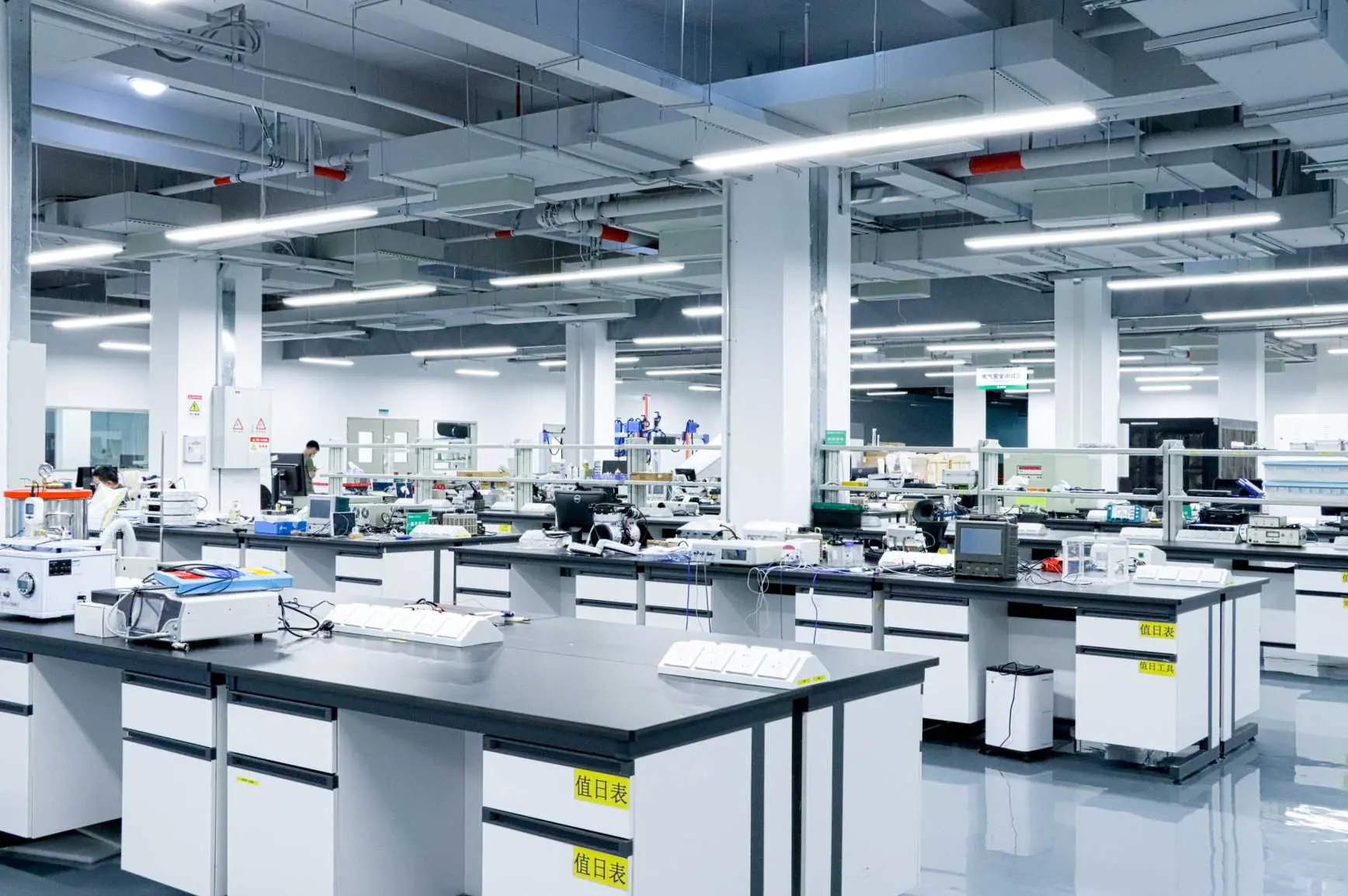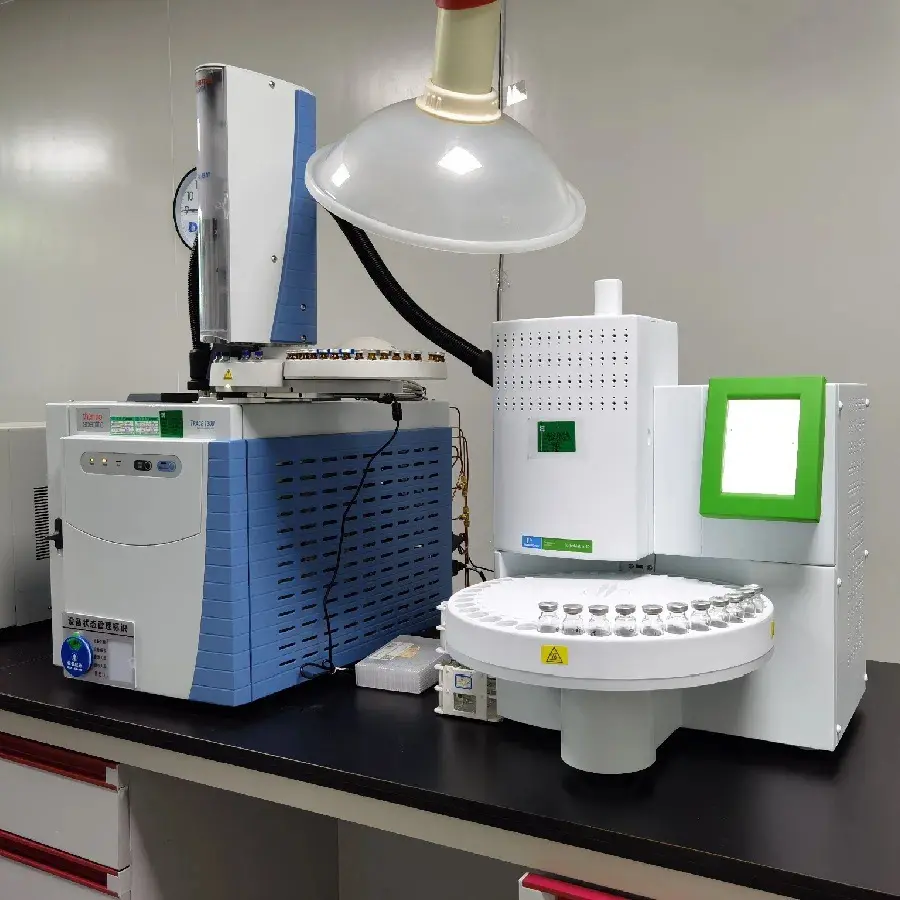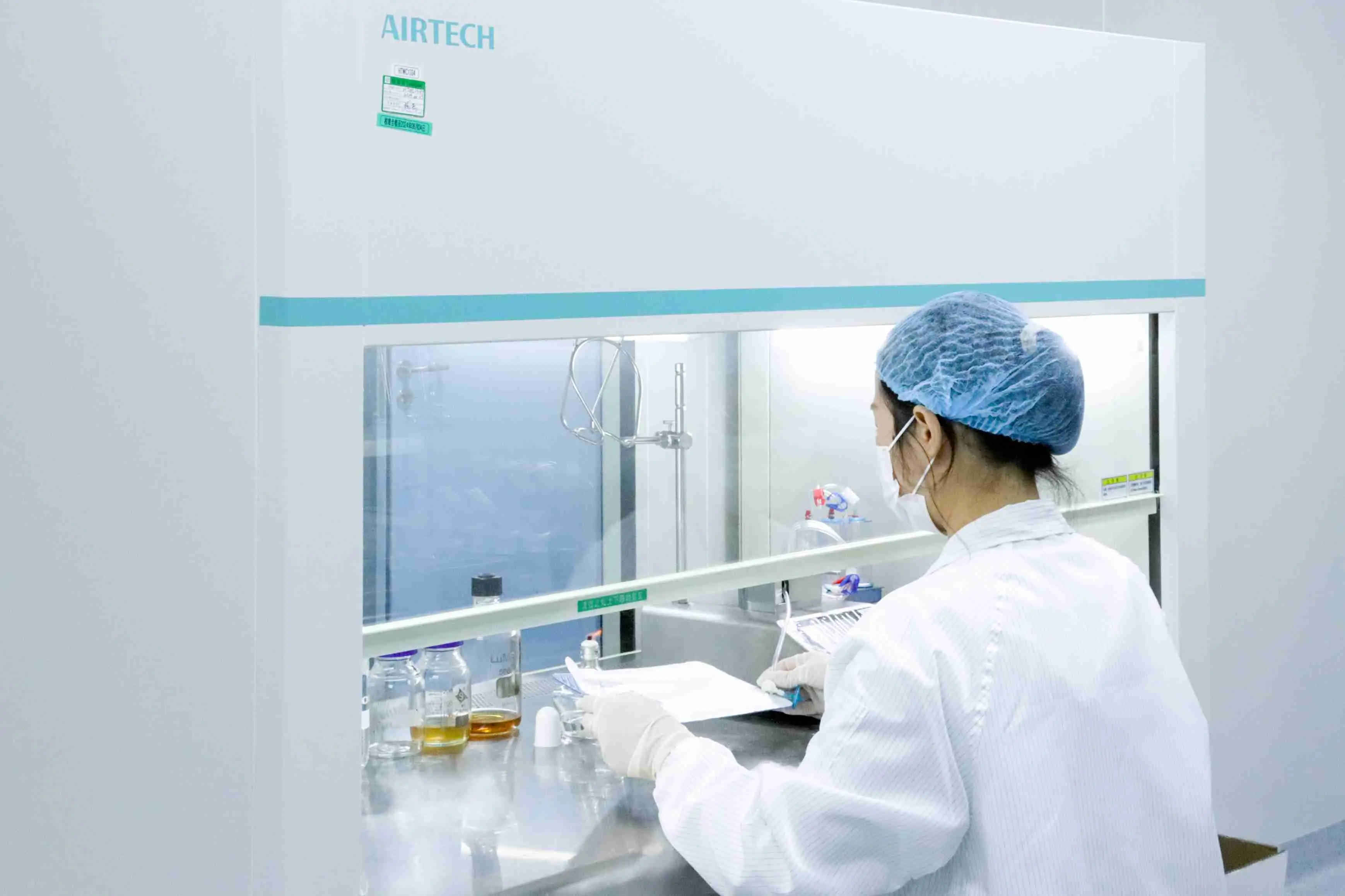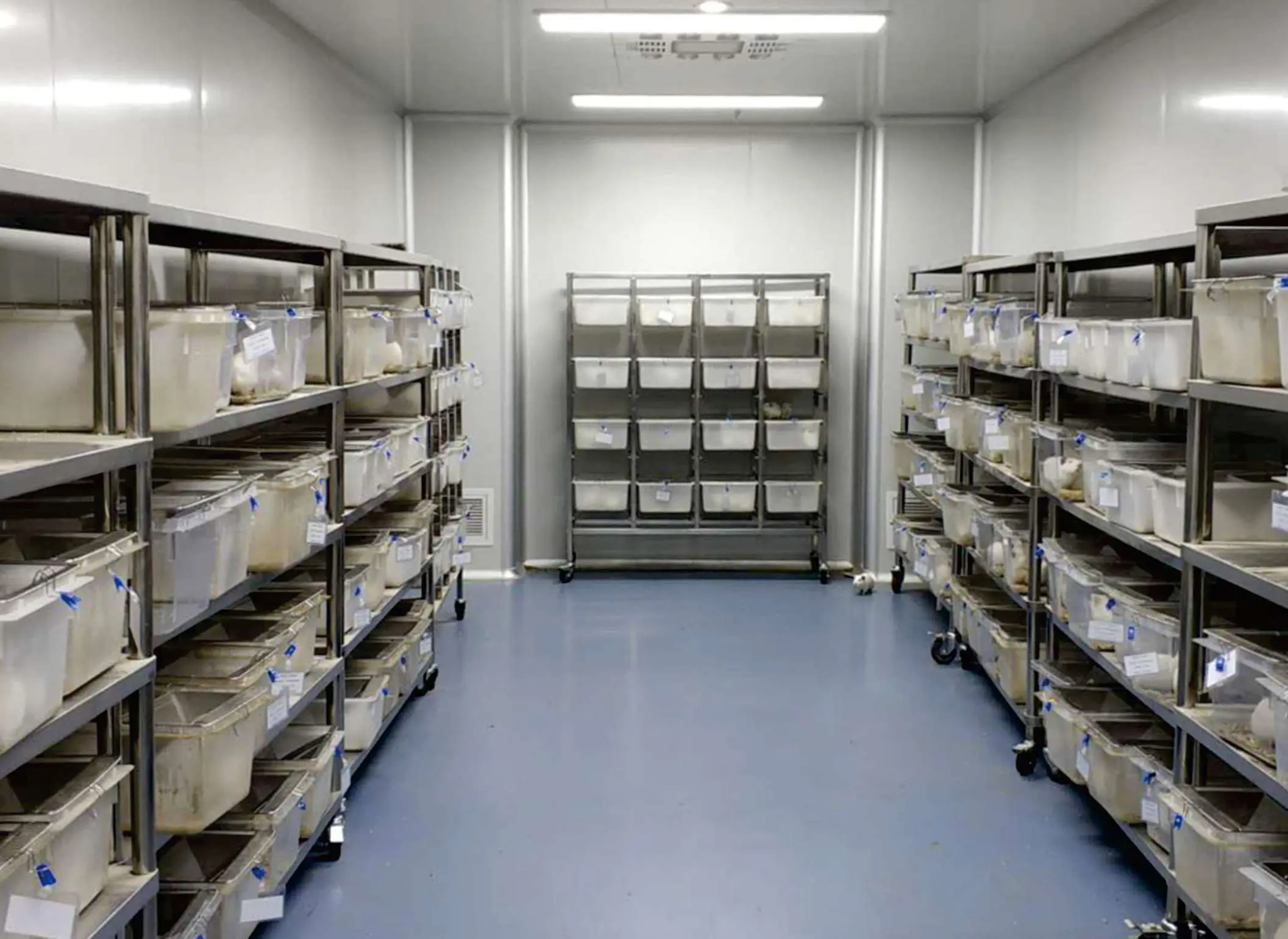
Introduction to UN38.3 Battery Testing
What is un38.3 certification?
UN38.3 refers to section 38.3 of the United Nations "Recommendations on the Transport of Dangerous Goods - Test and Criteria Manual," which requires lithium batteries to pass a series of tests before transportation. These tests include altitude simulation, thermal cycling, vibration testing, shock testing, external short circuit at 55°C, impact testing, overcharge testing, and forced discharge testing to ensure safe transport of lithium batteries. If the lithium batteries are not installed with equipment and each package contains more than 24 cells or 12 batteries, a 1.2-meter free fall test is also required.

The commonly referred UN38.3 certification means that the lithium battery has undergone the un38.3 testing and has received an aviation safety certificate issued by one of the 13 authorized certification companies of the Civil Aviation Administration of China. Thus, UN38.3 certification typically includes the UN38.3 report and the aviation safety certificate.
Which Products Require UN38.3 Certification?
1. Various lead-acid batteries (e.g., automotive starter batteries, stationary lead-acid batteries, small sealed lead-acid batteries, etc.)
2. Various secondary power batteries (e.g., batteries for electric vehicles, electric road vehicle batteries, batteries for power tools, hybrid vehicle batteries, etc.)
3. Various mobile phone batteries (e.g., lithium-ion batteries, lithium polymer batteries, nickel-hydrogen batteries, etc.)
4. Various small secondary batteries (e.g., laptop batteries, digital camera batteries, camcorder batteries, various cylindrical batteries, wireless communication batteries, portable DVD batteries, CD and MP3 player batteries, etc.)
5. Various primary batteries (e.g., alkaline zinc-manganese batteries, lithium-manganese batteries, etc.)
Steps for UN38.3 Certification
Step 1: Application
1. Confirm customer information:
A. Which city the customer’s product will be exported by air from.
B. Whether the customer’s product is shipped alone or with other products.
2. Fill out the UN38.3 application form.
3. Provide battery specifications.
4. Provide 25-30 samples.
Step 2: Quotation
Determine testing time and corresponding costs based on the provided information.
Step 3: Payment
After the applicant confirms the quotation, sign the application form and service agreement, and pay the full project fee.
Step 4: Testing
The laboratory tests the applied product according to relevant testing standards.
Step 5: Report Completion
Testing is completed, and the report is finished.
Step 6: Issuance of DGM Certificate
Upon project completion, a DGM certificate is issued.
What is the Difference Between UN38.3 Certification and MSDS?
Many people confuse UN38.3 with MSDS (Material Safety Data Sheet) during battery testing, thinking they are the same certification, which can significantly impact the testing application. MSDS is a document detailing the composition of lithium batteries and handling instructions, while UN38.3 is a safety test for lithium batteries. Since lithium batteries are often air-freighted, UN38.3 and MSDS are typically required together, leading to the misconception that UN38.3 is MSDS.
UN38.3 Certification and Aviation Safety Certificate
The aviation safety certificate is obtained after passing the lithium battery UN38.3 testing report and applying to authorized institutions designated by the Civil Aviation Administration.
Similar Testing Standards to UN38.3
EU Standards:
- IEC/EN 62133 (Sealed portable secondary cells and batteries)
- IEEE 1625 (Rechargeable batteries for portable computers)
- IEEE 1725 (Rechargeable batteries for mobile phones)
- IEC/EN 60086-1, 60086-2, 60086-3 (Primary batteries)
- IEC/EN 60896-21 & -22 (Stationary valve-regulated lead-acid batteries)
- IEC/EN 61056-1 & -2 (Portable valve-regulated lead-acid batteries)
- IEC/EN 61951-1 (Nickel-cadmium batteries)
- IEC/EN 61951-2 (Nickel-hydrogen batteries)
- IEC/EN 61959
- IEC/EN 61851-1 & -21 & -22
- IEC/EN 62196
- IEC/EN 60950 (IT product testing)
- IEC/EN 61960 (Portable rechargeable cells and lithium batteries)
- IEC/EN 62282 (Fuel cells)
Email:hello@jjrlab.com
Write your message here and send it to us
 When Can FCC ID Modifications Be Filed?
When Can FCC ID Modifications Be Filed?
 LoRa Certification Testing Laboratory
LoRa Certification Testing Laboratory
 Blood Pressure Monitor Certification Testing Servi
Blood Pressure Monitor Certification Testing Servi
 ECG Device Certification Testing
ECG Device Certification Testing
 Pulse Oximeter Certification and Testing Standards
Pulse Oximeter Certification and Testing Standards
 IVD Medical Device GB 4793:2024 Test Report
IVD Medical Device GB 4793:2024 Test Report
 IECEE CBTL Testing Laboratory for IVD Medical Devi
IECEE CBTL Testing Laboratory for IVD Medical Devi
 China OECD GLP-Certified Laboratory
China OECD GLP-Certified Laboratory
Leave us a message
24-hour online customer service at any time to respond, so that you worry!




